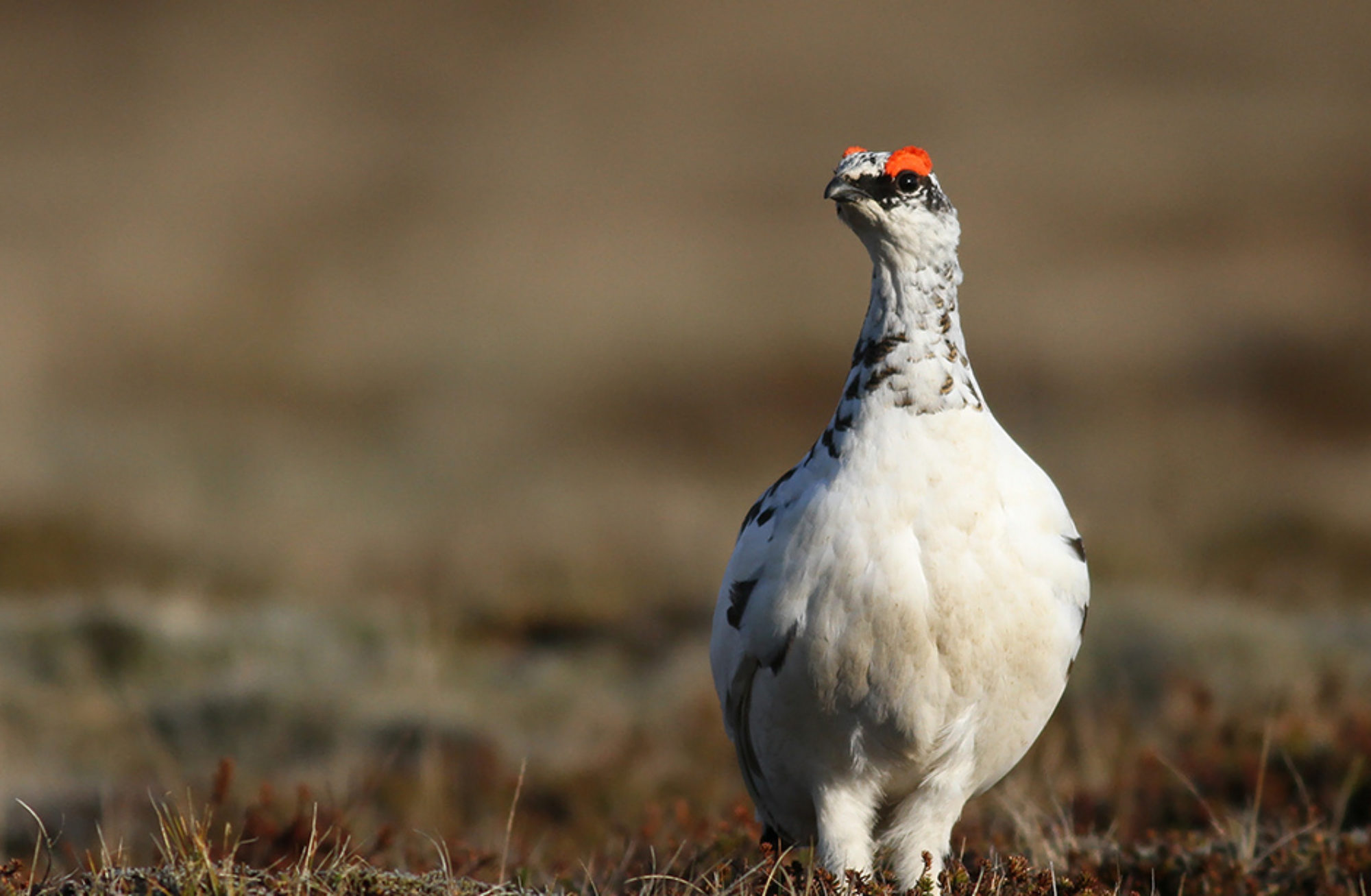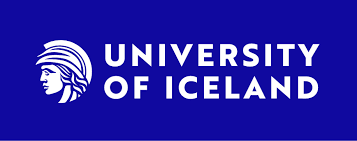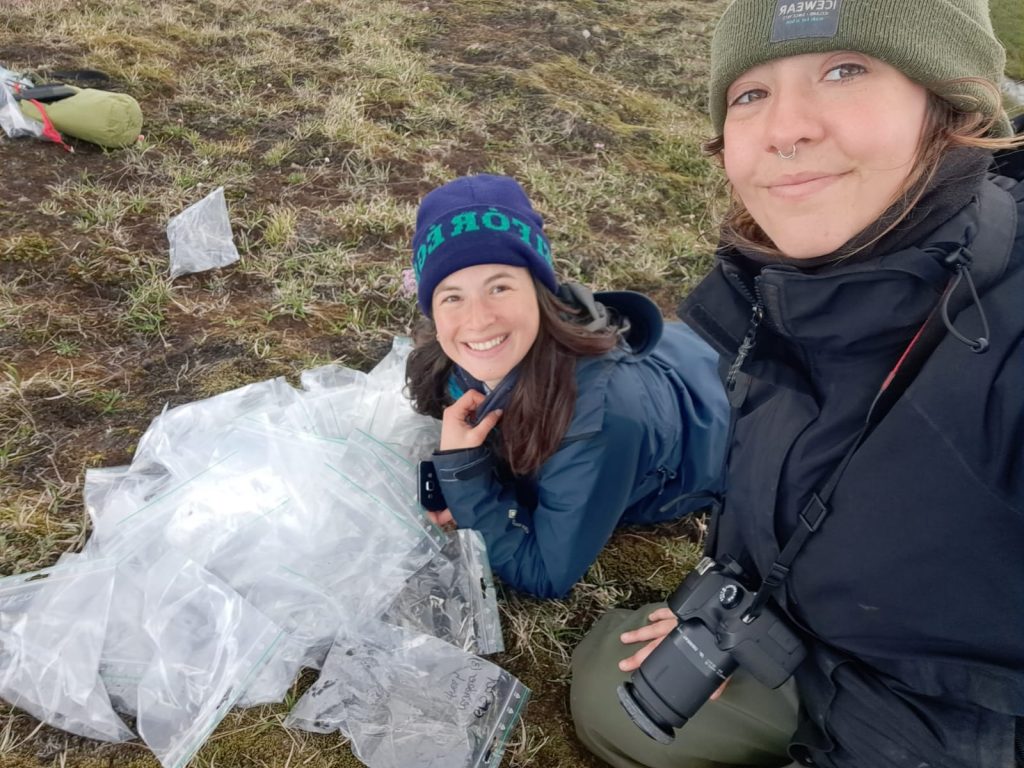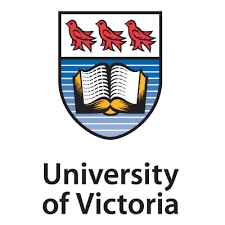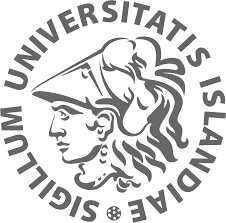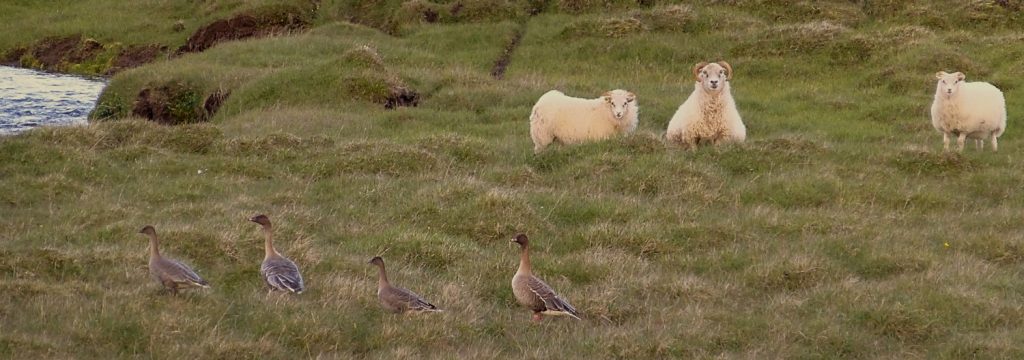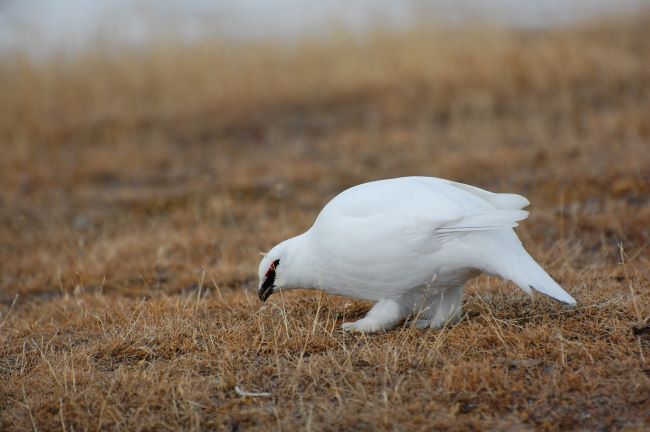Deadline for applications: March 8, 2021
The Faculty of Life- and Environmental Sciences at the University of Iceland is seeking a motivated candidate for a three-year PhD position for the project “Trapped in a degraded state? Tundra ecosystem responses to grazing cessation” (TRAPP). The project is funded by the Icelandic Research Fund and will investigate processes that prevent transition of degraded ecosystems to healthier states. Iceland provides good settings for the study because centuries of heavy grazing by livestock have driven extensive tundra rangelands into degraded states. The PhD student will focus on the role of different plant functional types in retarding the recovery process by using both large scale surveys and field experiments.
Research team and collaboration – The PhD student will be a part of an international research team, led by Ingibjörg Svala Jónsdóttir and including Isabel C. Barrio (Agricultural University of Iceland), Bryndís Marteinsdóttir, (Soil Conservation Service of Iceland), Kari Anne Bråthen (UiT-The Arctic University of Norway, Tromsø) and David Hik (Simon Fraser University, Vancouver, Canada). In addition, five other national and international collaborators will be involved in specific research tasks.
Education, desired skills and work experience
We are
seeking a highly motivated candidate with outstanding track-record and:
- A masters degree in Biology, Ecology or related fields
- Strong background knowledge in botany and ecology
- Good skills in statistical analysis (the R software) is desirable
- Experience of microbial research and application of molecular methods is desirable
- Experience of laboratory work and fieldwork under demanding conditions in the tundra is desirable
Other requirements:
- Excellent
English, both written and spoken
- Good planning and organization skills
- Good communication and teamwork skills
- The ability to work independently
For
further information, please contact Ingibjörg Svala Jónsdóttir at isj@hi.is
The Application process:
Deadline for application is 8th of March 2021. The student is expected to start as soon as possible, or no later than April 2021
Applications should be submitted electronically by March
8th 2021 at https://english.hi.is/vacancies (choose the relevant option and register – the option will show up after February
15). Attach the following information to
your application:
- A short letter
(max. 2 pages) of motivation where the candidate also provides her/his future
vision and why pursuing a PhD degree
- CV
(curriculum vitae) including education, research and work experience.
- Certificates
of education (BS and MSc degree) and course transcripts with grades.
- Names and
full contact information for two professionals referees (including their
relationship to the applicant).
- Overview
of publications (if any).
- (Optional)
Applicants are also invited to send PDF of MS thesis (in any language) and any
other relevant publications if available (max. 5 documents).
Further information
All applications will be answered and applicants will be informed about the appointment when a decision has been made. Applications are valid in the system for 6 months after the application deadline. After the hiring process is completed the applicant must apply formally for PhD studies at the University of Iceland.
The University of Iceland is committed to diversity and we encourage all qualified candidates to apply. Appointments to positions at the University of Iceland are made in consideration of the Equal Rights Policy of the University of Iceland. http://www.hi.is/haskolinn/jafnrettisaaetlun#markmid2
The University of
Iceland is a growing community of knowledge and is a very dynamic and
interesting workplace. Our values are academic freedom, professionalism and
equality. The University strives to provide flexibility and encourages
participation in the progression of the studies and research in all fields
within the realm of the University.
The School of
Engineering and Natural Sciences employs around 400 people involved with
teaching and research. The School offers an international working environment,
with the number of international employees and students increasing each year.
Currently about quarter of all employees and graduate students are
international. The school has 2000 students, thereof around 180 PhD students
and 340 MS students. The School of Engineering and Natural Sciences is proud of
its’ diversity and reform-minded environment where knowledge acquisition and
sharing is paramount.
The Biomedical Center BMC (lifvisindi.hi.is) is a co-operation between research groups in life-sciences in Iceland. Through the center the student will have access to well-equipped core facilities and a collaborative cross-disciplinary research environment.
If you are interested in this project, you may also be interested in another related PhD position at the Agricultural University of Iceland.
